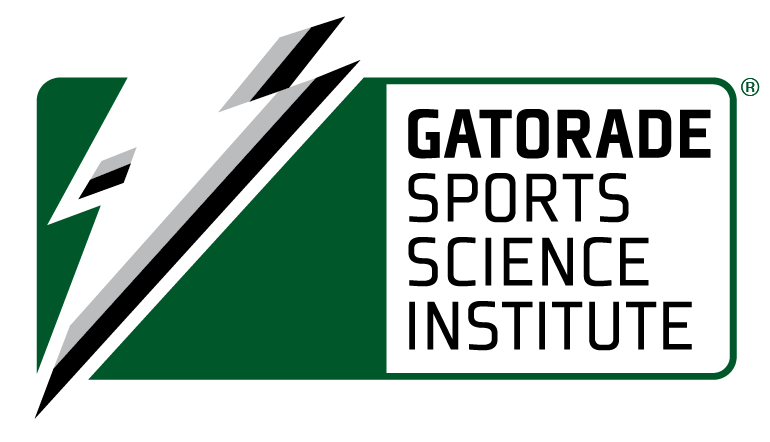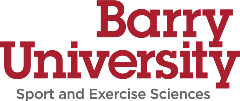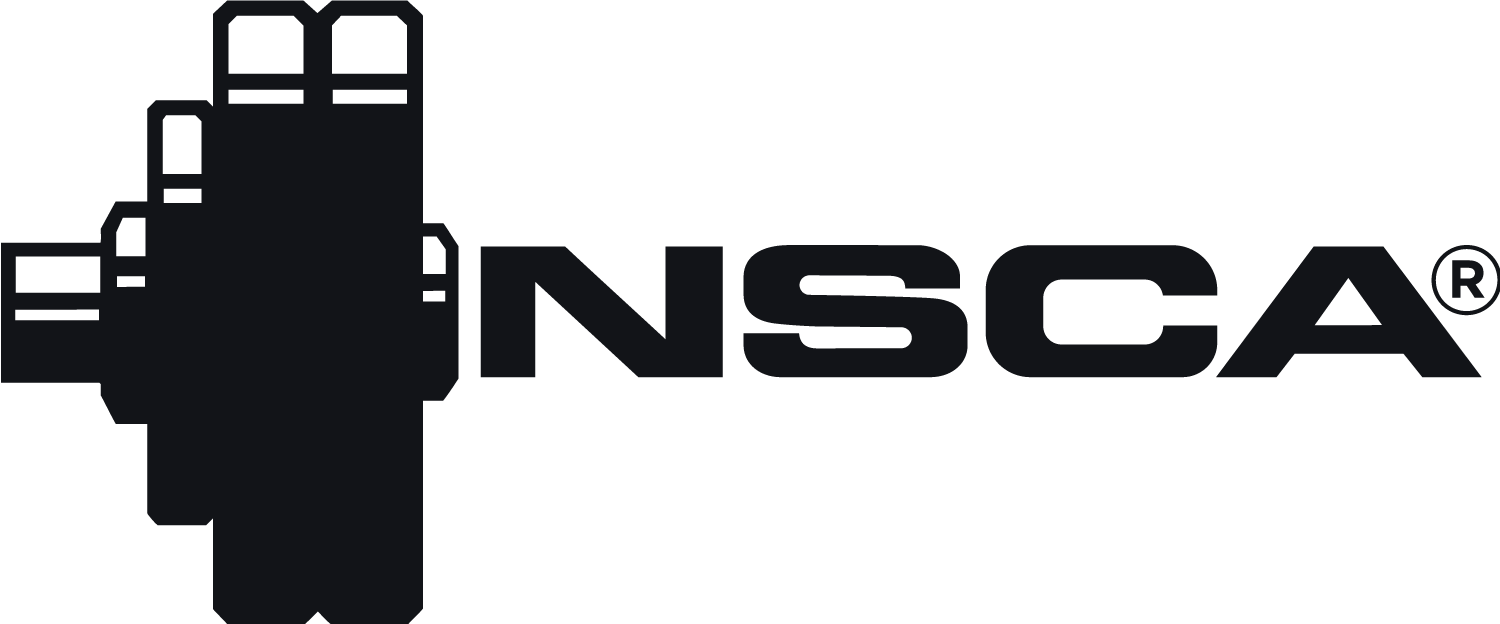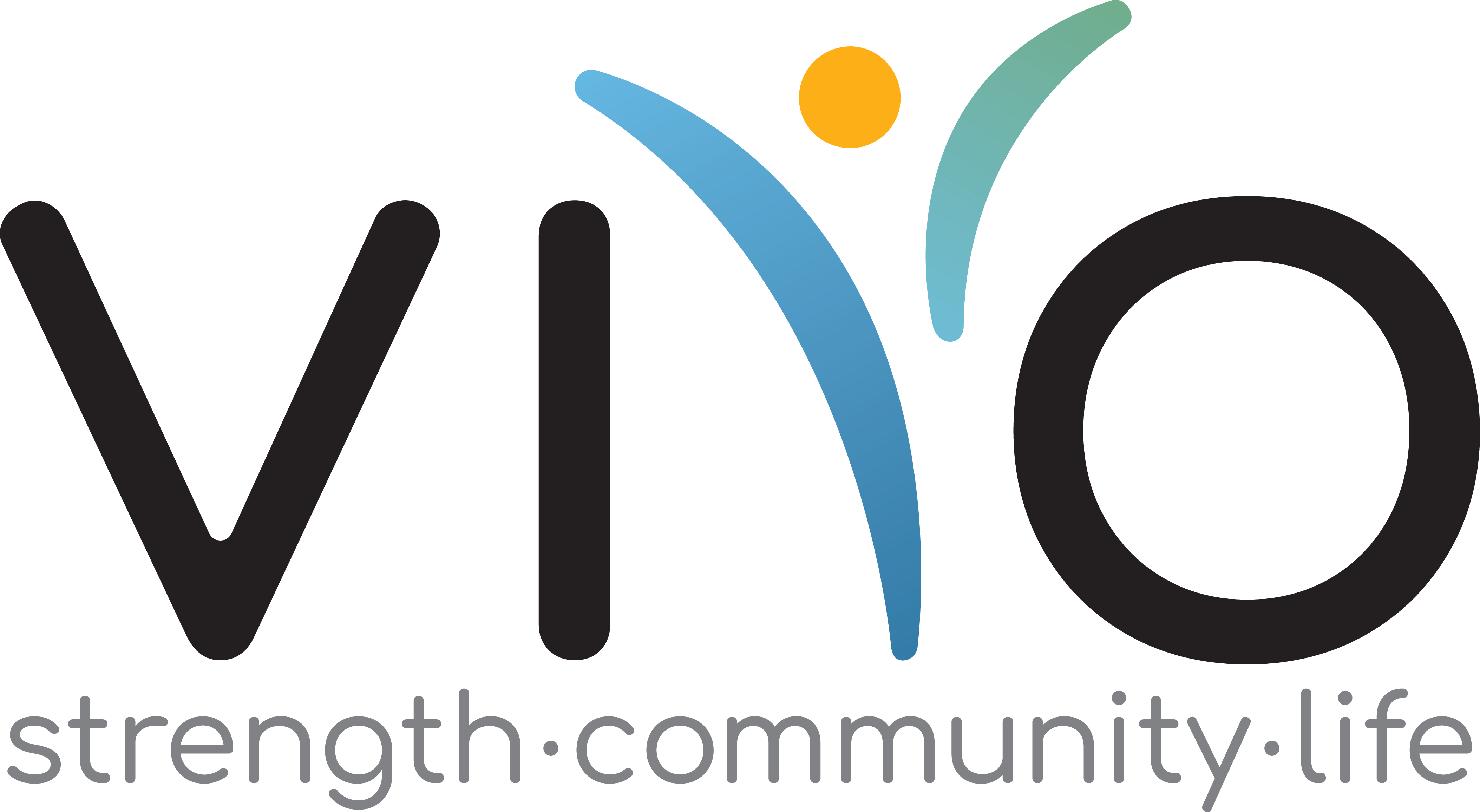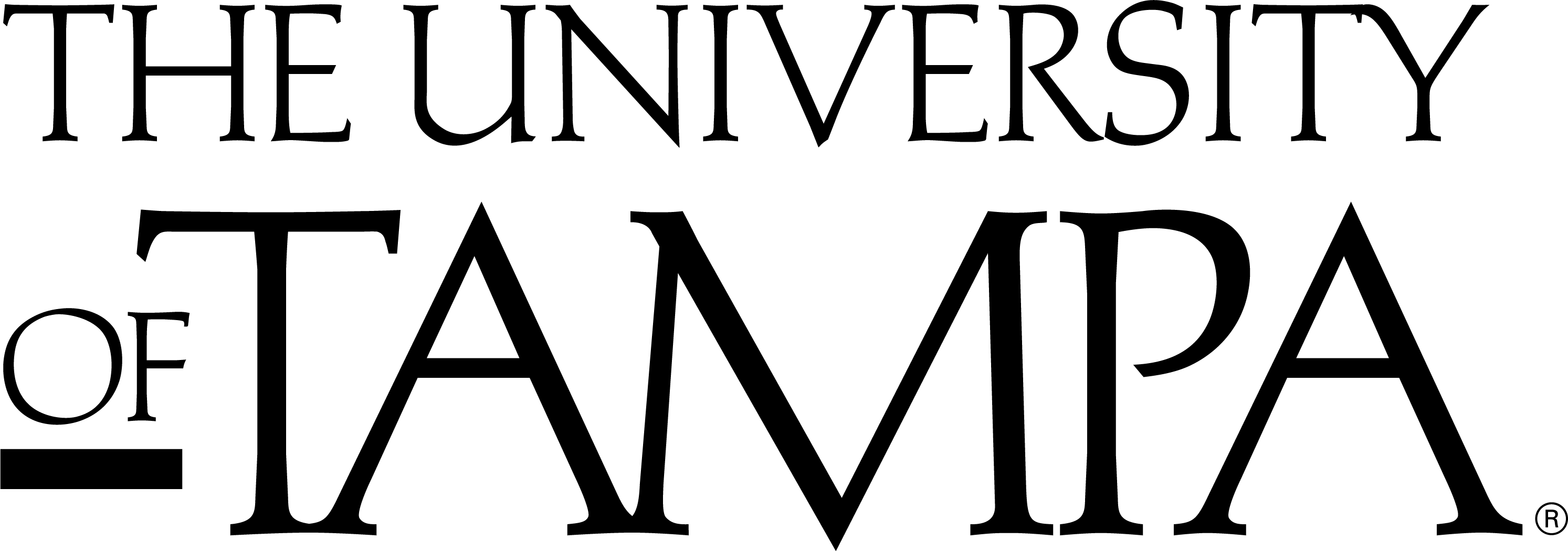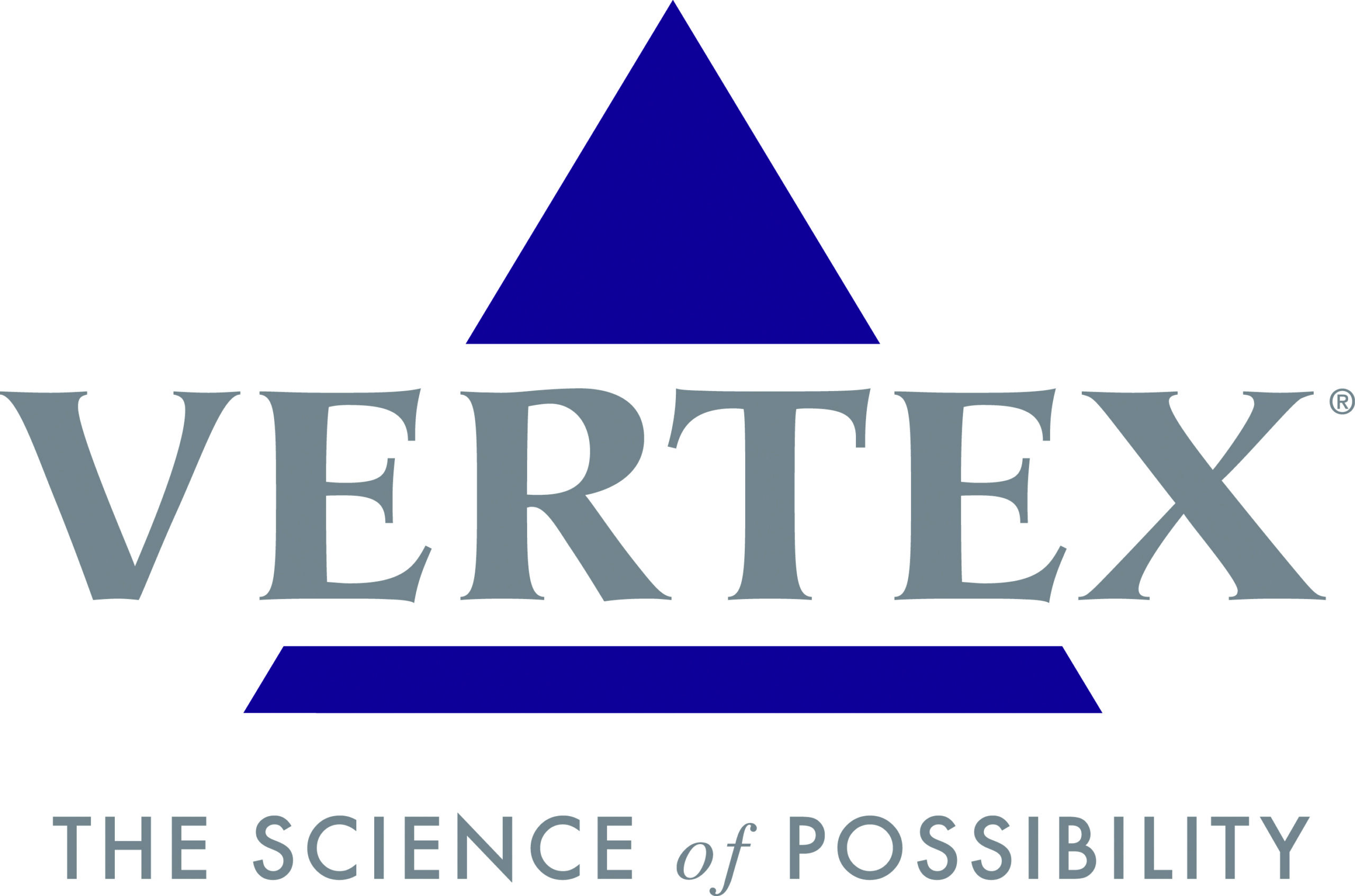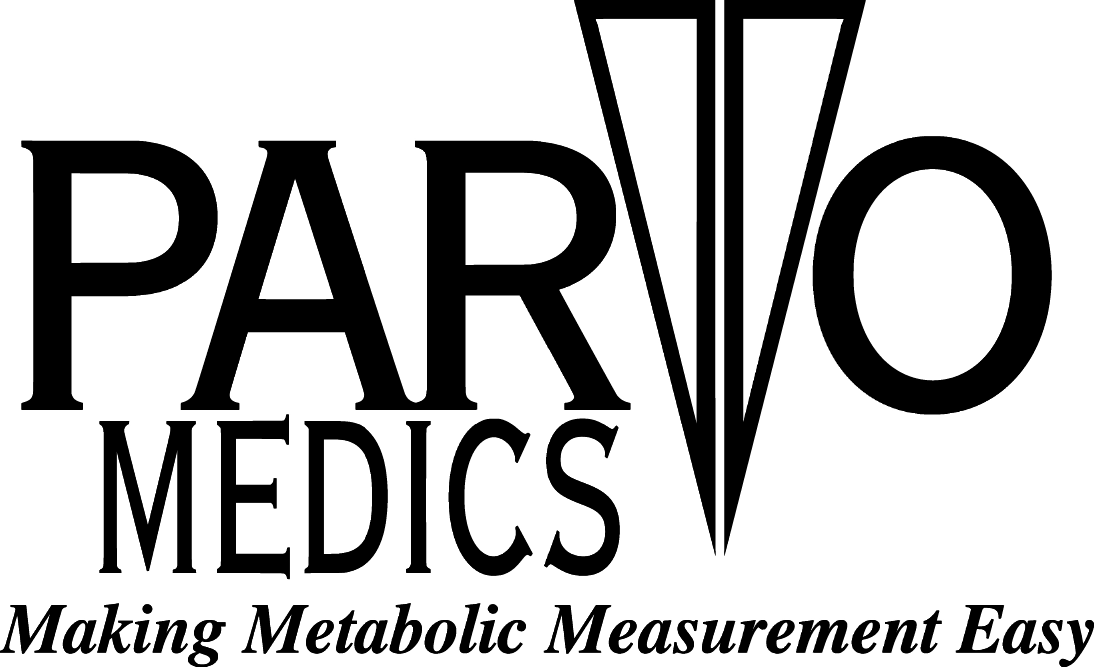


Sports Medicine Fellow Scholarly Work
(Scientific Abstracts and Clinical Cases)
For sports medicine fellows currently enrolled in an accredited sports medicine fellowship program.
1. The research/case must be novel, innovative, contemporary, and of high scientific significance.
2. Abstracts/cases must not have been presented, accepted for presentation, or published at any other scientific meeting or journal at the time of submission. I understand that the ONLY exception to this policy concerns abstracts presented at an ACSM regional chapter meeting and Clinical Exercise Physiology Association’s (CEPA) Annual Conference.
3. The primary (first) author must be currently enrolled in an accredited Sports Medicine Fellowship program.
4. Each person is permitted to submit and be first author on one scientific and one clinical case abstract, including regular abstract submissions and a Sports Medicine Fellow Scholarly Work Submission (research abstract or clinical case). You may co-author as many other abstracts/cases as desired. If a person submits, as first author, more than one abstract per meeting, only one abstract will be accepted; all others will be rejected.
5. Studies must comply with ACSM’s policy statements regarding the use of humans and animals in research studies.
6. To ensure consistency and clarity, authors are directed to use the terms as defined by MSSE’s, “Information for Authors” while utilizing the units of measurement of the Systeme International de’Unite (SI). Click here and scroll down to “Technical Guidelines.”
7. Authors who use artificial intelligence (AI) tools in the writing of a manuscript, production of images or graphical elements of the paper, or in the collection and analysis of data, must be transparent in disclosing on the submission site and slides/poster presentation how the AI tool was used, and which tool was used. Authors are fully responsible for the content of their manuscript, even those parts produced by an AI tool, and are thus liable for any breach of publication ethics.
8. Abstracts that are accepted AND presented will be published in an online supplemental issue of MSSE.
9. Abstract/clinical case submission fee: $50. A nonrefundable fee must accompany each abstract/case submitted. This fee does not guarantee the acceptance of the abstract/case.
10. Do not submit the same abstract more than once. ACSM will not refund abstract fees for duplicate submissions, submissions using the wrong submission site (e.g., a scientific abstract on the clinical case site) or for an abstract that is withdrawn.
11. Abstract/case submissions will only be accepted electronically and must be submitted no later than Noon (Pacific time zone) March 3. After that time, the site will be closed. Authors will be notified of acceptance or rejection by early April.
12. Abstract presenters are responsible for all in-person annual meeting registration fees and all other costs associated with traveling and presenting at the annual meeting. Registration for attending the in-person meeting is required.
13. Presenters who fail to provide an acceptable notice to the Program Committee for not delivering an accepted abstract/case will be prohibited from presenting at future annual meetings. If you must withdraw an abstract/case, email a written notification providing a reason for the withdrawal, written by the primary author, to education@acsm.org.
Abstract character count is limited to 2,000 characters (not including spaces, title or author block). Tables, charts and graphs count as 300 characters.
Do not use brand names in the abstract.
Indicate grant-funding/AI acknowledgements in the appropriate field during submission.
The abstract must be written in English and grammatically correct.
Do not include abstract title or author information in the abstract body.
Title: The title should be brief (˂15 words) and in title case format.
Authors: The first and last names of the authors will be included in the author block. Do not include degree titles; these interfere with online search functions.
Institutions: Include all authors’ institutional affiliation. Do not include departments.
For updates, information and early registration opportunities, go to https://acsm.org/events-general/annual-meeting/acsm.org/annualmeeting, or email meeting@acsm.org.
For technical support during your online submission, email acsm@support.ctimeetingtech.com.
For questions related to abstract submission, contact the ACSM Education Department by emailing education@acsm.org.
Late-Breaking Abstracts
1. The research must be novel, innovative, contemporary, and of high scientific significance to deserve special consideration after the original abstract deadline. Abstracts should describe either large clinical investigations or high-impact translational research that could not be completed prior to the original deadline.
2. All late breaking abstract submissions must be either co-authored or sponsored by a current ACSM Fellow (FACSM). ACSM Fellow Member (FACSM) status is an elite membership level for long term Professional members who have provided a significant level of service to ACSM. This is not the same as being enrolled as a Fellow in a fellowship program. ACSM Fellows who author or co-author a submitted abstract also accept responsibility as a sponsor for that abstract. The ACSM Fellow attests to the scientific, medical, or educational merit of the work. Abstracts without an ACSM Fellow author/ sponsor will not be accepted. An ACSM Fellow may sponsor as many abstracts as desired. You will be required to provide the ACSM Fellow’s name and e-mail address when submitting. Once all submission steps are complete, the ACSM Fellow (FACSM) will be sent an email notification at that time. The final acceptance decision is the exclusive right of the Program Committee.
3. You will be required to answer the question “why is this abstract considered late-breaking?”
4. Late-breaking abstracts must not be a revision of an abstract submitted prior to the original submission deadline.
5. Late-breaking abstracts must not have been presented, accepted for presentation, or published at any other scientific meeting or journal at the time of submission. The ONLY exception to this policy concerns abstracts presented at an ACSM regional chapter meeting and Clinical Exercise Physiology Association’s (CEPA) annual conference.
6. Regardless of in-person or ePoster submission, each person is permitted to submit and be first author on one scientific and one clinical case abstract, including regular abstract submissions and a late breaking abstract. You may co-author as many other abstracts as desired. If a person is listed as first author on more than one scientific abstract, only one abstract will be accepted; all others will be rejected.
7. Abstracts of experimental, observational and meta-analytic studies must include data to substantiate the conclusions being drawn. Systematic reviews without meta-analyses are not acceptable. It is not satisfactory to simply describe what was found (e.g., “the treatment group increased their fitness more than the control group”) or to only include statistical results (e.g., “associations were significant at p < 0.05).” Abstracts that lack experimental data may be rejected. This applies to abstracts that are sponsored by fellows, as well as those that undergo full review.
8. Authors who use artificial intelligence (AI) tools in the writing of a manuscript, production of images or graphical elements of the paper, or in the collection and analysis of data, must be transparent in disclosing on the submission site and slides/poster presentation how the AI tool was used, and which tool was used. Authors are fully responsible for the content of their manuscript, even those parts produced by an AI tool, and are thus liable for any breach of publication ethics.
9. Studies must comply with ACSM’s policy statements regarding the use of humans and animals in research studies.
10. Abstracts that are accepted AND presented will be published in an online supplemental issue of MSSE.
11. To ensure consistency and clarity, authors are directed to use the terms as defined by MSSE’s, “Information for Authors” while utilizing the units of measurement of the Systeme International de’Unite (SI). Click here and scroll down to “Technical Guidelines.”
12. Late breaking abstract submission fee: $250. A nonrefundable fee must accompany each late breaking abstract submitted. This fee does not guarantee the acceptance of the late breaking abstract. Do not submit the same abstract more than once. Abstract fees will not be refunded for duplicate submissions, or for an abstract that is withdrawn.
13. Abstract submissions will only be accepted electronically and must be submitted no later than Noon (Pacific time zone) March 3. Submissions will be limited to the first 100 complete submissions. After that time, the site will be closed. Authors will be notified of acceptance or rejection by early April.
14. Abstract presenters are responsible for all in-person annual meeting registration fees and all other costs associated with traveling and presenting at the annual meeting. Registration for attending the in-person meeting is required.
15. Presenters who fail to provide an acceptable notice for not delivering an accepted abstract will be prohibited from presenting at future annual meetings and the abstract will not be published in the online MSSE Supplement. If you must withdraw an abstract/case, email a written notification providing a reason for the withdrawal, written by the primary author, to education@acsm.org.
Abstract character count is limited to 2,000 characters (not including spaces, title or author block). Tables, charts and graphs count as 300 characters.
Do not use brand names in the abstract.
Indicate grant-funding/AI acknowledgements in the appropriate field during submission.
The abstract must be written in English and grammatically correct.
Do not include abstract title or author information in the abstract body.
Title: The title should be brief (˂15 words) and in title case format.
Authors: The first and last names of the authors will be included in the author block. Do not include degree titles; these interfere with online search functions.
Institutions: Include all authors’ institutional affiliation. Do not include departments.
Text: The abstract must be informative, including a statement of the study’s specific PURPOSE, METHODS, summary of RESULTS and CONCLUSION statement using these headings. It is unsatisfactory to state “The results will be discussed.”
For updates, information and early registration opportunities, go to https://acsm.org/events-general/annual-meeting/acsm.org/annualmeeting, or email meeting@acsm.org.
For technical support during your online submission, email acsm@support.ctimeetingtech.com.
For questions related to abstract submission, contact the ACSM Education Department by emailing education@acsm.org.
Submission sites for Late-Breaking Abstracts and Sports Medicine Fellow Scholarly Work
will open Feb. 13 with a deadline of March 3 at noon PT.
Call for Scientific Abstracts and Clinical Cases
The deadline for submitting scientific abstracts and clinical cases was Nov. 10, 2025 at noon PST.
Notification on the status of your submission will be sent in mid-February.
- Regardless of in-person or ePoster submission, each person is permitted to submit and be first author on one scientific and one clinical case abstract. You may co-author as many other abstracts as desired. If a person is listed as first author on more than one scientific abstract or clinical case submission, ACSM will only accept one abstract; all others will be rejected.
- The first named author must present the abstract. To ensure proper citation in the online Medicine & Science in Sports & Exercise® (MSSE) author index, authors should list their name consistently throughout all abstracts on which they appear as an author.
- All authors must approve the submitted abstract.
- ACSM Fellow Members (FACSM) may author, co-author or sponsor an abstract. ACSM Fellow Member (FACSM) status is an elite membership level for long term Professional members who have provided a significant level of service to ACSM. This is not the same as being enrolled as a Fellow in a fellowship program. An ACSM Fellow (FACSM) sponsor is an ACSM Fellow member (FACSM) who is NOT an author/co-author on the abstract but has reviewed the abstract prior to submission and attests to the scientific, medical or educational merit of your work. Once all submission steps are complete, the ACSM Fellow (FACSM) sponsor will be sent an email notification at that time. Abstracts received without FACSM endorsement will undergo formal review. A fellow may sponsor as many abstracts as desired. Authors must provide the fellow’s name and email address when submitting. An abstract may still receive a formal review even though it has FACSM authorship or sponsorship; fellow endorsement does not automatically imply acceptance. The final acceptance decision is the exclusive right of the Program Committee.
- The primary focus and substance of the submitted abstract/case must be novel.
- The abstract must not have been published as either an abstract or full manuscript in a scientific, medical or professional publication at the time of submission. The abstract’s data must not have been presented prior to the annual meeting. The only exceptions to this policy concern abstracts presented at an ACSM regional chapter meeting and Clinical Exercise Physiology Association (CEPA) annual conference.
- Abstracts of experimental, observational and meta-analytic studies must include data to substantiate the conclusions being drawn. Systematic reviews without meta-analyses are not acceptable. It is not satisfactory to simply describe what was found (e.g., “the treatment group increased their fitness more than the control group”) or to only include statistical results (e.g., “associations were significant at p < 0.05).” Abstracts that lack experimental data may be rejected. This applies to abstracts that are sponsored by fellows, as well as those that undergo full review.
- Authors who use artificial intelligence (AI) tools in the writing of a manuscript, production of images or graphical elements of the paper, or in the collection and analysis of data, must be transparent in disclosing on the submission site and slides/poster presentation how the AI tool was used, and which tool was used. Authors are fully responsible for the content of their manuscript, even those parts produced by an AI tool, and are thus liable for any breach of publication ethics.
- Abstracts that are accepted AND presented will be published in an online supplement of MSSE, specific to this meeting.
- Studies must comply with ACSM’s policy statements regarding the use of humans and animals in research studies.
- To ensure consistency and clarity, authors are directed to use the terms as defined by MSSE’s, “Information for Authors” while utilizing the units of measurement of the Systeme International de’Unite (SI). Click here and scroll down to “Technical Guidelines.”
- Researchers and clinicians may be employed, affiliated with or have financial interest in commercial entities that may have a relevant bearing on the subject matter of an abstract/case presentation. The prospective audience must be made aware of the affiliation/financial interest by an acknowledgment in the program, as well as acknowledgment in writing on posters and/or in the beginning of slide presentations. If there is nothing to disclose, you must include the phrase “No relationships reported.” Presentations regarding commercial products must focus on basic or applied science and not on the product or on the commercial aspects of the discovery. In addition, the format of the presentation must permit full discussion of the scientific validity and/or therapeutic benefits and risks of the discovery. The intent of this policy is not to prevent a speaker from making a presentation but to identify any potential conflict of interest so that the listeners may form their own judgments about the presentation. A relevant financial disclosure will not affect whether an abstract is accepted for presentation at the meeting. Failure to comply with the published disclosure policy could result in exclusion from future annual meetings.
- Regardless of the delivery method, presenters agree to pay the meeting registration fee and any other costs associated with presenting at the annual meeting. Be sure to sign up for the registration option, as instructed, that relates to your presentation format. Switching your registration option does not switch your presentation format.
- If a co-author is available to present in the absence of a first author, you MUST inform the ACSM Education Department so this can be noted appropriately, and the first author is not considered a no-show. If an extenuating circumstance arises that prevents you from presenting your abstract, you MUST inform the ACSM Education Department. Not registering for the meeting does not imply you are not planning to present.
- Please ensure your submission is complete and accurate, as revisions will not be allowed after the submission deadline.
- Presenters who fail to provide an acceptable notice for not delivering an accepted abstract/case will be prohibited from presenting at future annual meetings and the abstract will not be published in the online MSSE Supplement. If you must withdraw an abstract/case, the primary author should email a written notification providing a reason for the withdrawal to breed@acsm.org.
Scientific Abstract and Clinical Case (in-person only) submission fee: $50
ePoster (online only) submission fee: $100
A nonrefundable submission fee must accompany each abstract submitted. Do not submit the same abstract more than once, and do not submit a scientific abstract on the clinical case submission site or vice versa. ACSM will not refund the abstract submission fee for any reason.
Abstract submissions are only accepted electronically and must be submitted no later than noon PT on Nov. 10, 2025.
Preparing the Abstract
- Abstract character count is limited to 2,000 characters (not including spaces, title or author block). Tables, charts and graphs count as 300 characters.
- Do not use brand names in the abstract.
- Indicate grant-funding/AI acknowledgements in the appropriate field during submission.
- The abstract must be written in English and grammatically correct.
- Do not include abstract title or author information in the abstract body.
Title: The title should be brief (˂15 words) and in title case format.
Authors: The first and last names of the authors will be included in the author block. Do not include degree titles; these interfere with online search functions.
Institutions: Include all authors’ institutional affiliations. Do not include departments.
Sponsored Fellow Notation: If an ACSM fellow sponsors the abstract without authoring or co-authoring it, provide the fellow’s name and email address when prompted on the primary author step of the submission site.
Text: The abstract must be informative, including a statement of the study’s specific PURPOSE, METHODS, summary of RESULTS and CONCLUSION statement using these headings. It is unsatisfactory to state “The results will be discussed.”
Scientific abstract example:
Scientific Abstract Categories
Abstract review and program fit is largely determined by the category you select. Select the categories (Choice 1 and Choice 2) that represent the intended focus of your abstract. These categories are listed below:
Topical Categories for Scientific Abstracts
Fitness Assessment, Exercise Training, and Performance of Athletes and Healthy People
101 fitness assessment of healthy people
102 exercise training interventions in healthy people
103 sport science
104 ability status assessment
105 pregnancy/prenatal/post-partum assessment
106 other
Cardiovascular, Renal, Immune, and Respiratory Physiology
201 cellular/molecular
202 cardiac
203 vascular function/blood flow
204 acute exercise
205 disease
206 renal
207 respiratory
208 oxygen uptake kinetics
209 immune function
210 other
Skeletal Muscle, Bone and Connective Tissue
301 skeletal muscle physiology
302 physiology and mechanics of bone and connective tissue
303 cellular and molecular physiology related to these systems
304 ability status
305 genetics
306 other
Biomechanics and Neural Control of Movement
401 musculoskeletal injury and rehabilitation
402 running
403 sports movement biomechanics
404 sports equipment, apparel, footwear
405 aging and older adults
406 neuromotor control, posture, balance
407 walking and daily activities
408 movement disorders, neurological injury
409 musculoskeletal mechanics, modeling
410 methods, validity, reliability, instrumentation
411 other
Epidemiology and Biostatistics
501 epidemiology of physical activity and health
502 epidemiology of injury, ability status, and illness
503 physical activity assessment
504 population-based surveillance
505 biostatistics/research methodology
506 meta-analyses
507 genetics
508 other
Physical Activity/Sedentary Behavior/Health Promotion Interventions
601 interventions
602 programming
603 policy
604 built environment
605 other
Nutrition, Metabolism, and Endocrinology
701 carbohydrate metabolism
702 fat metabolism
703 protein and amino acid metabolism
704 energy balance and weight control
705 nutrition assessment and intervention
706 vitamins and minerals
707 dietary supplements and ergogenic aids
708 nutrition and chronic disease
709 age group and gender
710 endocrinology
711 appetite regulation
712 disordered eating
713 other
Psychology, Behavior and Neurobiology
801 mental health
802 cognition
803 mood, affect, and emotion
804 perception (RPE, pain, fatigue)
805 behavioral aspects of physical activity
806 neuroscience
807 exercise science education
808 other
Environmental and Occupational Physiology
901 heat stress and fluid balance
902 cold stress
903 hyperbaria
904 altitude and hypoxia
905 space physiology and microgravity
906 occupational or military physiology and medicine
907 climate change and pollution
908 other
Athlete Care and Clinical Medicine
1001 athlete medical evaluation and care
1002 athlete trauma evaluation and care
1003 age group and gender
1004 chronic illness and special populations
1005 adaptive sports/ability status
1006 clinical translation – focus on improving health outcomes through the integration of evidence-based medicine and quality improvement initiatives
1007 other
Clinical Exercise Physiology and Chronic Disease
1101 clinical exercise testing
1102 cardiovascular diseases
1103 pulmonary/respiratory diseases
1104 cancer
1105 obesity/diabetes
1106 musculoskeletal/neuromuscular diseases
1107 other
Exercise is Medicine
1201 EIM on campus
1202 physical activity training for healthcare providers and exercise professionals
1203 physical activity integration into health systems
1204 physical activity integration into community health settings
1205 health economics of physical activity
1206 physical activity promotion with patients in under-resourced communities and health systems
1207 other
Health Equity
1301 aging
1302 pediatric
1303 rural/urban
1304 race/ethnicity
1305 socioeconomic status
1306 ability status
1307 other
Preparing the Clinical Case Abstract
Clinical case abstracts are limited to 2,000 characters (not including spaces, title or author block).
Your clinical case abstract should include a synopsis of your case that itself includes the history and physical exam of the case to be discussed; an outline of the differential diagnosis, tests and results; final/working diagnosis; and treatment/outcomes as it pertains to the case. Clinical case presentations will be presented in a discussion format. ACSM recommends the necessary data (e.g., EKG, X-rays, ECHOS) be included in slide form.
- Do not use brand names in the clinical case abstract.
- Indicate grant-funding/AI acknowledgements in the appropriate field during submission.
Title: The title should be brief (˂15 words) and should be succinct and descriptive. The first part of the title should reflect the area of the problem and the second part the sport or activity of the athlete, but should not include the final diagnosis (e.g., Neck Injury—Football).
Authors: First and last names of authors will be listed with the case abstract. If an ACSM fellow sponsors without authoring or co-authoring the case abstract, the fellow’s name and email address must be provided when prompted on the primary author step of the submission site.
The presenting author must have been involved with significant evaluation and treatment of the patient and have a thorough understanding of the entire case and outcome. Do not include degrees, as this affects online search functions.
Institutions: Include each author’s institutional affiliations. Do not include their departmental affiliations.
Text: The first paragraph should state the history of the case; the second paragraph should outline the physical exam, then list:
- Differential Diagnosis
- Final/Working Diagnosis
- Tests and Results
- Treatment and Outcomes
Clinical Case Topical Categories
Cardiovascular
General Medicine
Head, Neck, Spine
Mental Health
Musculoskeletal
Special Populations
Clinical Case Abstract Example
Note: Clinical case abstracts may be chosen by the Program Committee for either slide or poster presentation.
The above submission rules apply to ePoster submission, including the following details:
- ePosters are online-only abstract/clinical case presentations.
- ePosters can be submitted as either a scientific abstract or clinical case.
- ePoster presentations are for those submitters who are unable to attend and present in-person.
- ePoster submissions will be limited to the first 300 submissions and the ePoster submission site will be turned off once this limit is met.
- The non-refundable fee for submitting an ePoster is $100.
- ePoster presenters will not be scheduled to present the ePoster at a specific date or time during the week of the meeting. However, they will be expected to periodically check the chat during the period in which the ePoster is available for viewing.
- ePoster presenters will be expected to register for the online component of the annual meeting.
By submitting an abstract to the ACSM annual meeting, you may also have an opportunity to apply for travel awards to attend. Winning one of these awards is contingent on your abstract being accepted for presentation, as well as a review of all applications.
You will be notified electronically of the acceptance/rejection of your abstract/case prior to the meeting. If you do not receive this notification by early April, you should contact the ACSM Education Department at education@acsm.org.
Accessing the Abstract Submission Site
To access the submission site, visit this page. If you have previously submitted an abstract or session proposal, please use your established login information. Contact acsm@support.ctimeetingtech.com if you need a reminder of your username or password. Please do your best to not create a new account.
Note: The login and password are different from those you use to access acsm.org.
Withdrawals
You can withdraw your abstract online prior to the Nov. 10, 2025 deadline by going to the submission site in the “Review My Work” page. Click on the “Delete This Submission” button at the bottom of this page. After that date, withdrawals must be made in writing by the first author to breed@acsm.org stating the reason for withdrawal.
- For updates, information and early registration opportunities, go to the Annual Meeting home page, or email meeting@acsm.org.
- For technical support during your online submission, email acsm@support.ctimeetingtech.com.
- For questions related to abstract submission, contact the ACSM Education Department by emailing education@acsm.org.

